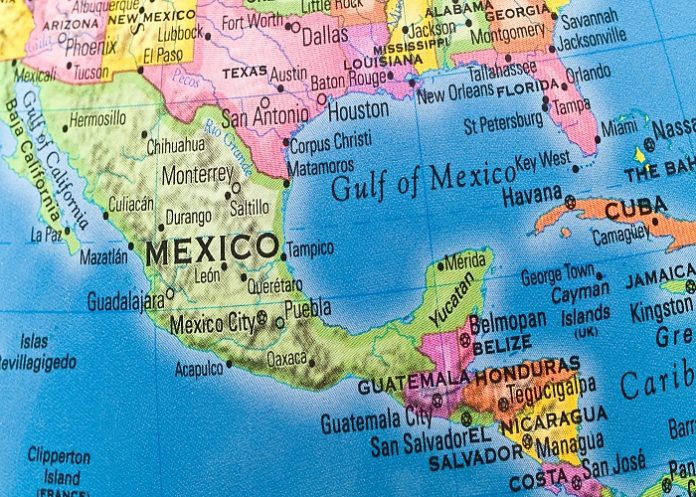Proposals before the Mexican legislature to regulated and control the practice of indigenous and complementary medicine could violate the country’s constitution and international conventions, claim academics.
The bill, introduced by the governing Morena party and unanimously voted through by the lower house in April, intends to regulate and standardise traditional and complementary healthcare. It also plans to regulate the growing emergence of people who falsely claim to be healers or traditional doctors.
But, reports The Guardian, there is serious concern that centralised state control would have negative cultural, social and economic effects on indigenous communities throughout Mexico.
The aim of the new law is to “incorporate and integrate the contributions of traditional indigenous medicine and complementary medicine” in the country’s health system. Morena representative Armando Contreras Castillo, who backed the bill, believes the reform would address health inequalities between indigenous communities and the rest of the population.
But academics who have studied traditional medicine disagree.
“The strengthening and advancement of the public health sector should not come at the expense of traditional indigenous medicine,” said Amparo Sevilla, a social anthropologist and researcher at the National Institute of Anthropology and History, in an online forum held by the Autonomous University of Mexico City (UACM).
The National Institute of Indigenous Peoples, the governmental authority on matters related to indigenous and Afro-Mexican people in Mexico, said the organisation was not consulted in the formation of the law.
Cilintli Griselda Soriano, a traditional doctor in Mexico City, said that traditional doctors play an important role in the cultural fabric of indigenous communities and should not be subject to outside regulation.
“Who is a traditional doctor? People make traditions, not institutions. So who should recognise traditional doctors? The towns and communities,” she told Totlahtol Radio. “Cultural heritage and knowledge belongs to communities, not private corporations, not to schools, not to institutions.”
Soriano emphasised the diversity of medical practices within Mexico’s 68 indigenous groups, and the distinct relationships between culture, spirituality and surrounding ecosystems. She said standardisation was incompatible with the multicultural nature of the Mexican state and demonstrated a lack of understanding and respect for indigenous cultures.
“If they accept this law, imagine how much knowledge will be lost,” Soriano warned. “We [traditional doctors] are going to disappear.”
The Guardian adds that while the reform vows to “recognise, conserve and protect” indigenous medicine in Mexico, the proposal also uses language like “utilise, use and take advantage of” in reference to traditional medical practices. Sevilla said these terms are contradictory and would allow for exploitation of indigenous medicine.
Rafael Alarcón Lavín, a representative of the Mexican Autonomous Network of Traditional Doctors and Midwives, said: “The Bill’s objective is basically to control all of the elements that make up traditional medicine: traditional doctors and midwives, their practices, the use of plant medicine and other therapeutic processes.”
Lavín claimed that national and transnational pharmaceutical interests were influencing the proposed reforms, aiming to exploit indigenous resources and knowledge for corporate gain.
“There are also universities, schools and corporations dedicated to the training and certification of the use of traditional indigenous medicine, and principally herbalism. These entities are fighting for this law to be passed so that they can monetise the training and certification of doctors and midwives and profit from it,” he said.
According to academics in the UACM forum, the oversight constituted a breach of the United Nations Declaration on the Rights of Indigenous Peoples and is fundamentally unconstitutional, as it violates the right of self-determination of indigenous communities to preserve their knowledge and cultural identity.
The senate is expected to vote on the reform within the next month.
The Guardian article – Regulating indigenous medicine in Mexico ‘could violate rights’ (Open access)
See more from MedicalBrief archives:
SA Society of Psychiatrists: Traditional and spiritual healers on the frontline of mental healthcare
Guinea healer held over faking hundreds of pregnancies
NHI hearings: Traditional healers feel marginalised, communities believe it will create jobs
Traditional medicine ‘needs equal funding to tackle COVID’
Doctors in India protest over decision to 'sanction quackery'

